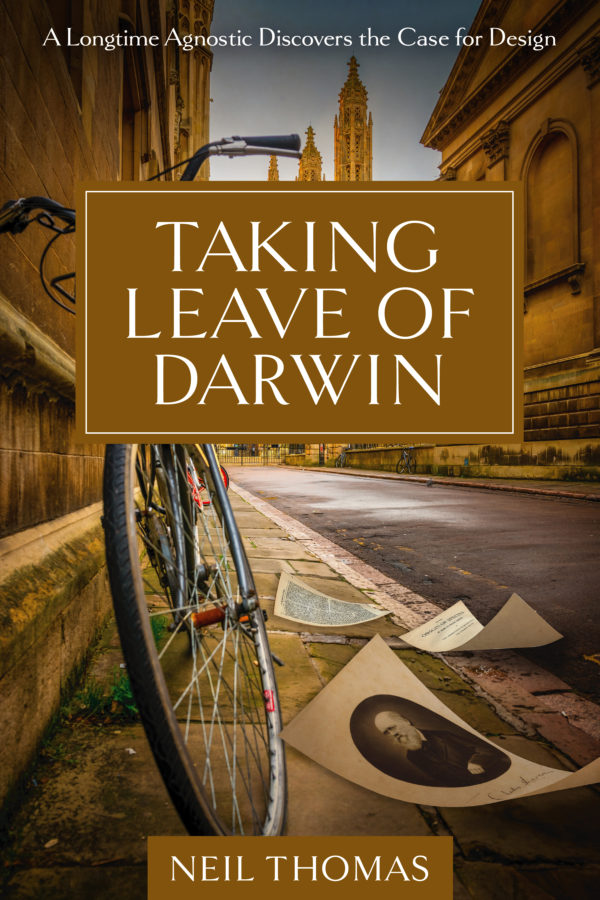
British philosopher Neil Thomas, author of Taking Leave of Darwin (2021), offers some thoughts in this first of a series:
Strange as it might at first appear, Darwinism, when viewed from a philosophical perspective, might more accurately be understood as a late sub-branch of ancient speculative thought than as science in the more rigorous, modern sense of that term. Indeed, some classically educated contemporaries of Darwin saw in his ideas little but a 19th-century rehash of thoughts that they had once studied in ancient Greek and Latin authors in their university days. “I cannot understand why you scientific people make such a fuss about Darwin. Why, it’s all in Lucretius,” harrumphed Victorian educator and poet Matthew Arnold to a biology professor in his circle.1
For the ancient Greek writer Epicurus and his later Roman follower, Lucretius, the entire mystery of the world’s awe-inducing complexity was to be sought in different shapes and objects generated at random by the chance interaction of elements.
Neil Thomas, “Charles Darwin and the ghost of Epicurus” at Evolution News and Science Today (January 25, 2022)
One way of looking at it: Darwinism enabled thinkers to retain the thought of Epicurus and Lucretius when, in general, the thinkers themselves were forgotten.